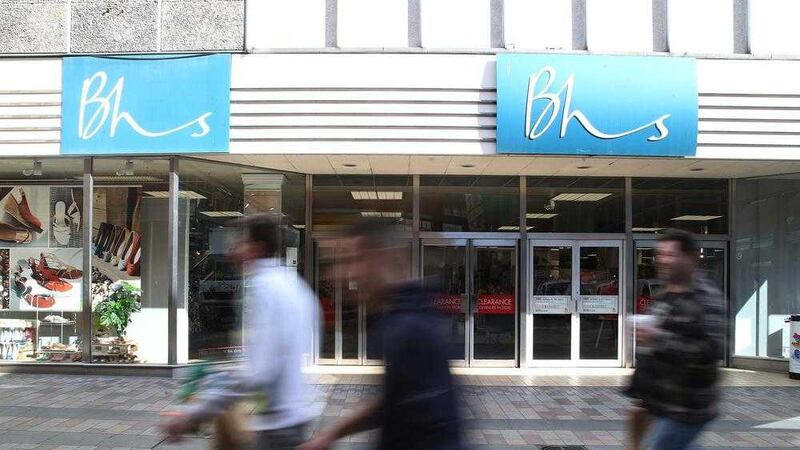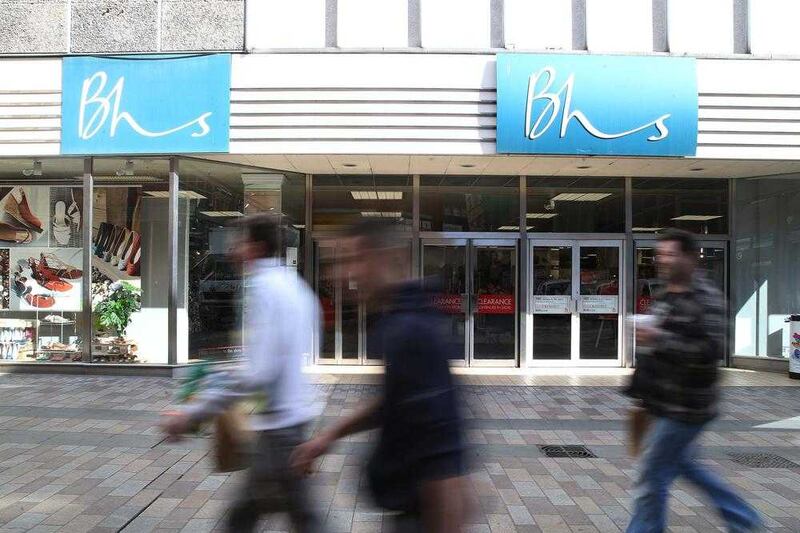HIGH streets have seen considerable change over recent years with the growth of discount retailers and coffee shops combined with the restructuring or decline of several well-known household retailers such as Woolworths, HMV, Zavvi, Game, Jessops, Comet, JJB, Barratts, Phones 4 U and Clinton Cards.
But after a noticeable and welcomed absence of these kind of stories, last week saw two back-to-back high profile retail administration stories, namely BHS and Austin Reed.
So at a time when we are used to hearing about growth forecasts and economic recovery what can we learn from this and is it a sign of returned trouble on our high street?
The high street is a fiercely competitive battleground where retailers compete for a slice of our disposable income. This is evidenced by the many sales and discounts constantly on offer with profit margins become increasingly squeezed. On top of the reduction in margin, traditional retailers have been forced to invest in a strong online presence, delivery networks, their store portfolio and product ranges in order to stay competitive.
Both BHS and Austin Reed have struggled to adapt to the changing dynamics in the market and burdened with legacy issues such as a significant pension deficit in the case of BHS, this has led to the current difficulties they have both experienced.
Both companies had previously agreed a creditors voluntary arrangement (CVA) which is an agreement to pay creditors an agreed proportion of existing debts from future trading profits. However, both defaulted, leaving administration as the only viable option to seek a restructure of the businesses.
Both are continuing to trade during administration with a view to seeking a buyer, leaving the future uncertain for many of its staff and key stakeholders, but judging by previous casualties, securing a buyer could mean a smaller but more financially viable business is likely to emerge, meaning there is light at the end of the tunnel still.
Work will be ongoing to establish which stores are viable and attractive to potential purchasers. Negotiations may also be under way with landlords to seek to restructure existing leases to place some of the stores back onto a sustainable footing.
These two latest unexpected insolvencies, especially two so close together, are further evidence of the ongoing structural changes still affecting the retail market. Retailers are still having to work harder, become more innovative and invest more resources just to stand still and compete in the ever changing market. Only the fittest will survive and retailers cannot afford to be burdened with any legacy debt or leases, which are uncompetitive and hinder their chances of surviving.
With many economists pointing to consumer spending as being the factor that will influence our growth figures the retail market is and will remain a key fundamental backbone of our economy. However, retailers who may be aware of legacy debt or other issues that could bite them at any time, need to deal with any issues early and be well funded if they are to succeed in what is still a highly competitive and uncertain environment.
:: Scott Murray is director at independent advisory firm Keenan CF (www.keenancf.com) in Belfast


